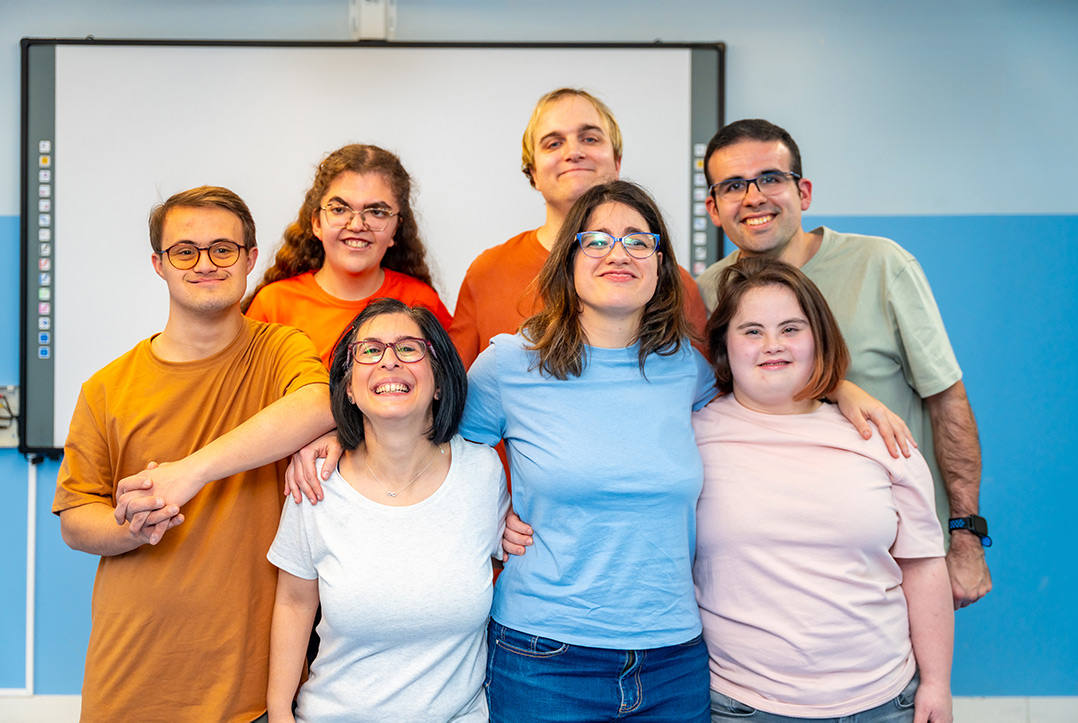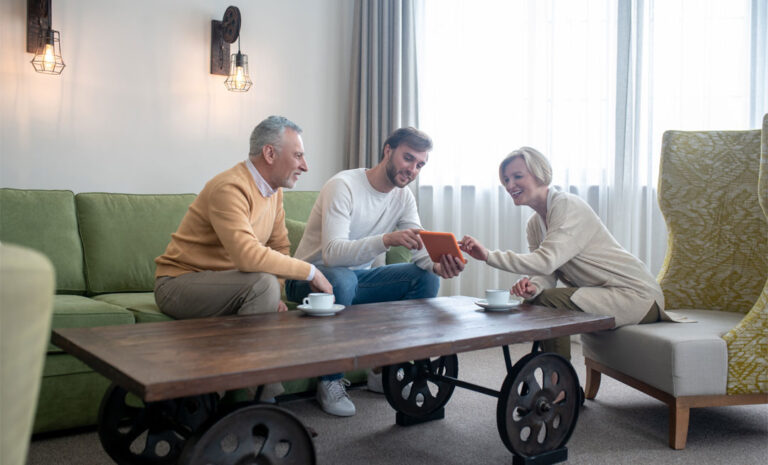About 7.4 million people in the U.S. have an intellectual or developmental disability (IDD). Yet, myths and stereotypes often overshadow their strengths and abilities.
Top Misconceptions About IDD — and the Truth:
- Myth: Adults with IDD cannot work → Fact: Many thrive in inclusive workplaces.
- Myth: IDD always limits independence → Fact: Skills training builds autonomy.
- Myth: Adults with IDD cannot form friendships → Fact: Social engagement is central to well-being.
- Myth: Families must provide all care → Fact: Adult day services offer structured support.
- Myth: IDD means poor quality of life → Fact: Adults with IDD live meaningful, fulfilling lives.
Myth: Adults with IDD Cannot Work
Fact: Many adults with intellectual and developmental disabilities excel in jobs with the right supports. From retail to technology, employment programs help build purpose, routine, and community connection.
Myth: IDD Always Limits Independence
Fact: With life-skills training and supportive environments, adults with IDD can manage daily tasks, make choices, and lead more independent lives. Active Day’s programs emphasize skill-building tailored to each member.
Myth: Adults with IDD Cannot Form Friendships
Fact: Social interaction is essential for everyone. Active Day members form friendships through group activities, outings, and shared experiences, reducing isolation and strengthening confidence.
Myth: Families Must Provide All Care
Fact: Caregivers are not alone. Adult day services provide professional support, structured activities, and respite care, helping families balance responsibilities while ensuring loved ones thrive.
Frequently Asked Questions
What is an intellectual or developmental disability (IDD)?
IDD refers to conditions that impact learning, reasoning, or adaptive behaviors. Examples include Down syndrome and autism spectrum disorder.
Can adults with IDD live independently?
Yes. With proper support, many adults with IDD live semi-independently or fully independently.
How does Active Day support adults with IDD?
Our adult day services provide structured activities, socialization, life-skills training, and coordinated care tailored to each individual.
Related Resources
External Resources
- CDC: Developmental Disabilities
- National Institute on Disability, Independent Living, and Rehabilitation Research
Help your loved one thrive in an inclusive, supportive environment. Schedule a visit or request a free trial day at your local Active Day center.




